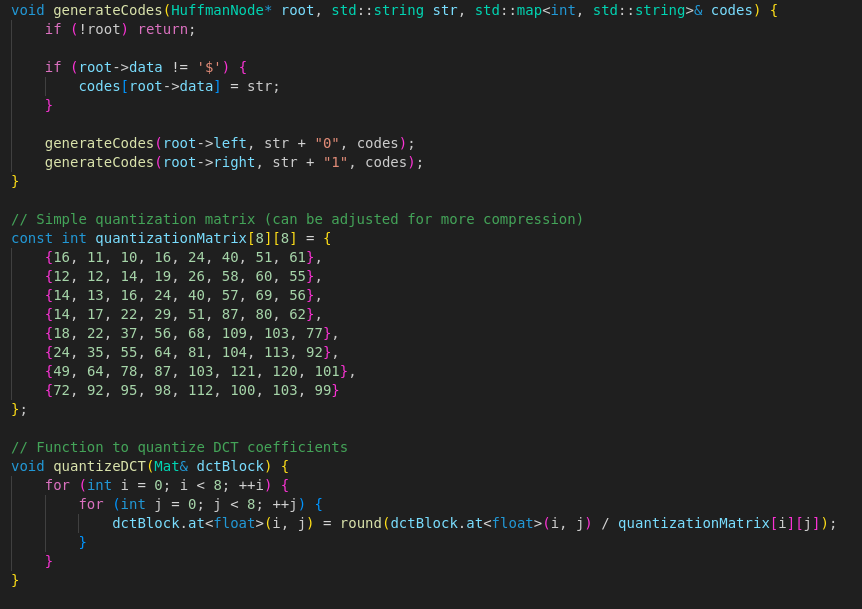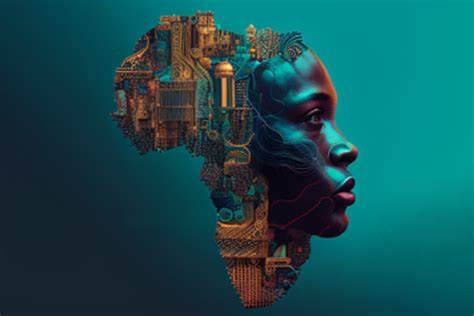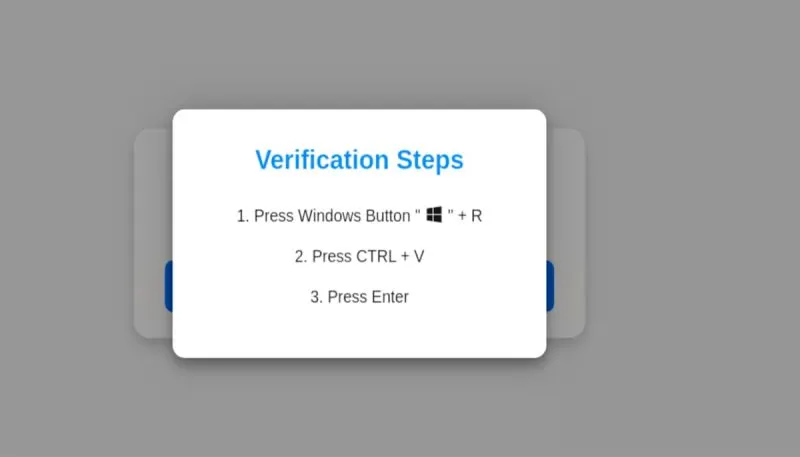Chatgpt Fails: A Stanford Professor Admits To Using Chatgpt In A Legal Filing

Just now, the intersection of artificial intelligence and the legal profession has caught furious debate due to the allegations leveled against Jeff Hancock, a professor at Stanford University and expert witness in a federal case. The offense was caused after he cited criticism claimed to be the generated product of ChatGPT in his court submission.
Such an incident only adds fuel to an already burning fire about the challenges and risks that AI integration faces in sensitive professional fields. It has become a topic in debates concerning ethical practices and accountability in legal filings.
A PHOTO OF STANFORD UNIVERSITY
What Happened?
Hancock, a communication professor and amateur Chatgpt user at Stanford, was hired by Minnesota's Attorney General for expert testimony in a lawsuit contesting the enforceability of laws against AI-generated election misinformation. Ironical, I know.
In his declaration, Hancock cited research from a well-respected journal as part of the evidence for assertions about AI-deepfake outputs. But there was one problem, there was no research he cited didn't exist. It didn't take long for the opposing counsel to notice that and insist that the study in question was a fabrication--a form of an AI "hallucination," in which tools such as ChatGPT refer to plausible-sounding but inaccurate content.
The assertion has called into question the legitimacy of the filing, leading the way for speculation that either Hancock relied on AI-generated material for portions of his report or has unwittingly included faulty information from that technology. If true, the case brings up serious matters regarding the involvement and sunlight shone on AI in expert testimony and legal proceedings in general.
Ethical and Practical Concerns
The case throws into relief more major concerns about AI in the workplace:
- Accuracy and Misrepresentation: Where courts presume that expert opinions are founded on authentic, verifiable human experience, it must be further learned that the use of AI-enabled, non-synonymous translation is less likely to misfire in the accuracy and reliability of arguments.
- Transparency and Accountability: There simply is no opportunity for legal practice or expert witness to keep his arguments top secret from being known. When it exists, there is little to mislead judges and opposing lawyers, straining faith in the system.
- Wider Consequences: Such proximity to error can set the wheels of rule formulation regarding the strict guidelines use of AI for legal document preparation where mandatory disclosure happens whenever AI tools are involved. It would imply complete clarity and proof of trace origin and reliability of submitted materials.
AI in Law: A Double-Edged Sword
Of course, ChatGPT produces huge streams of benefits, such as research work, drafting documents, and even simplifying complex legal language. But the Hancock issue shows the possible perils entailed with such use. AI lacks the idea of context-sensing and nuanced judgment, which can be critical in high-stakes environments. Thus, human oversight is indispensable.
Legal experts have called for stringent guidelines to be drafted to govern AI in the profession. These will most likely include disclosures on the mandatory requirement, education on the limitations of AI, along with audits of AI-generated content in regular intervals to avoid similar controversies.
The Road Ahead.
Yes, AI is becoming more and more revolutionary in every industry, now at the same time again a condition needs to be imposed on AI when considering the role of AI in the legal field. Some cases like Hancock's case show the need to find the right balance between greenness and fair play in embracing advancements in technology while nurturing the integrity and probity of the legal process.
Clear and best standards development, along with fuller transparency about using AI, allows the legal community to enjoy the benefits of AI without any compromise of its core principles.
It will ring into the ears of the judges and lawyers reminding them to get with the program of AI. Justice is ensured on a more complementary than compensating basis.





















Comments